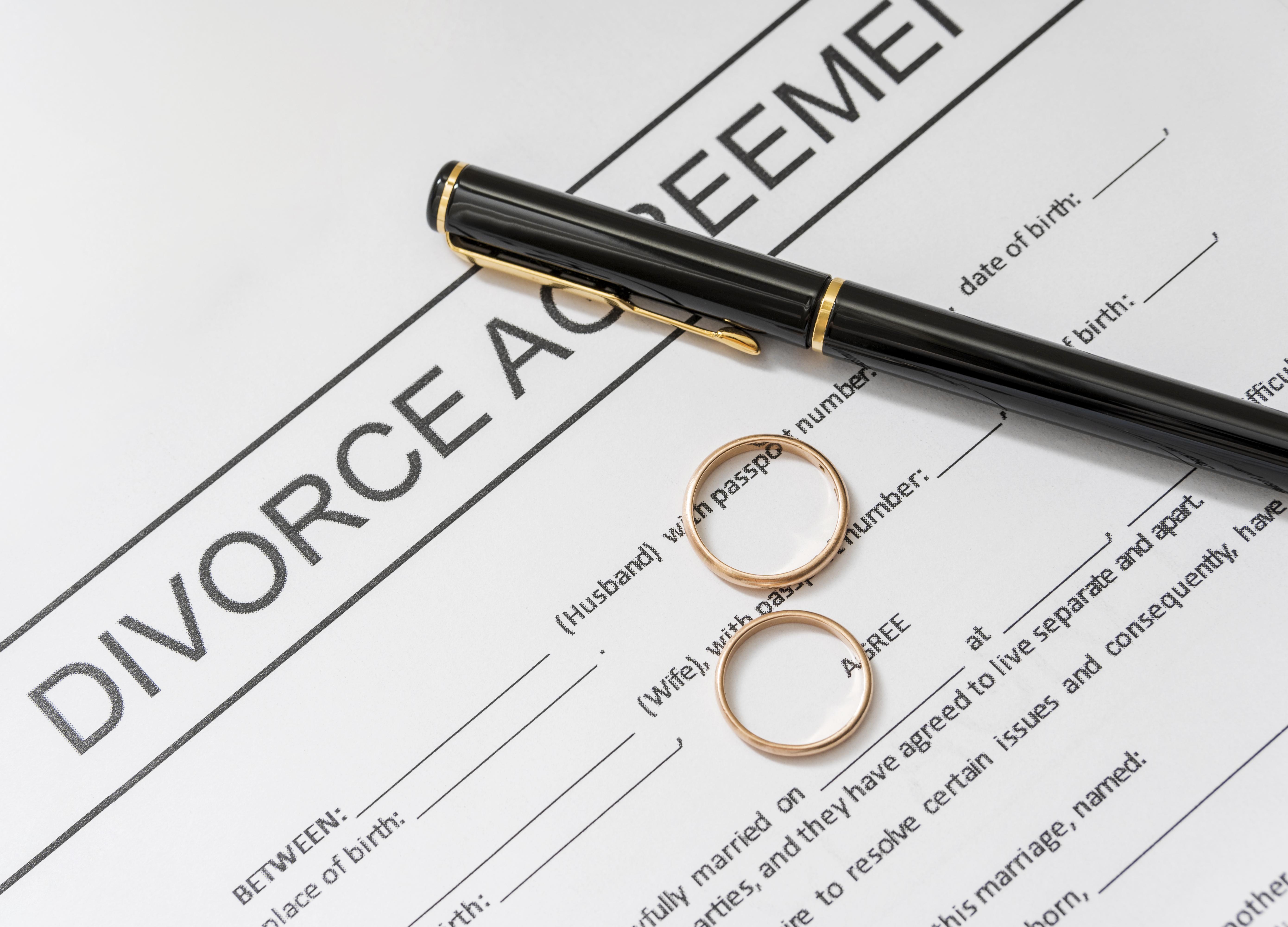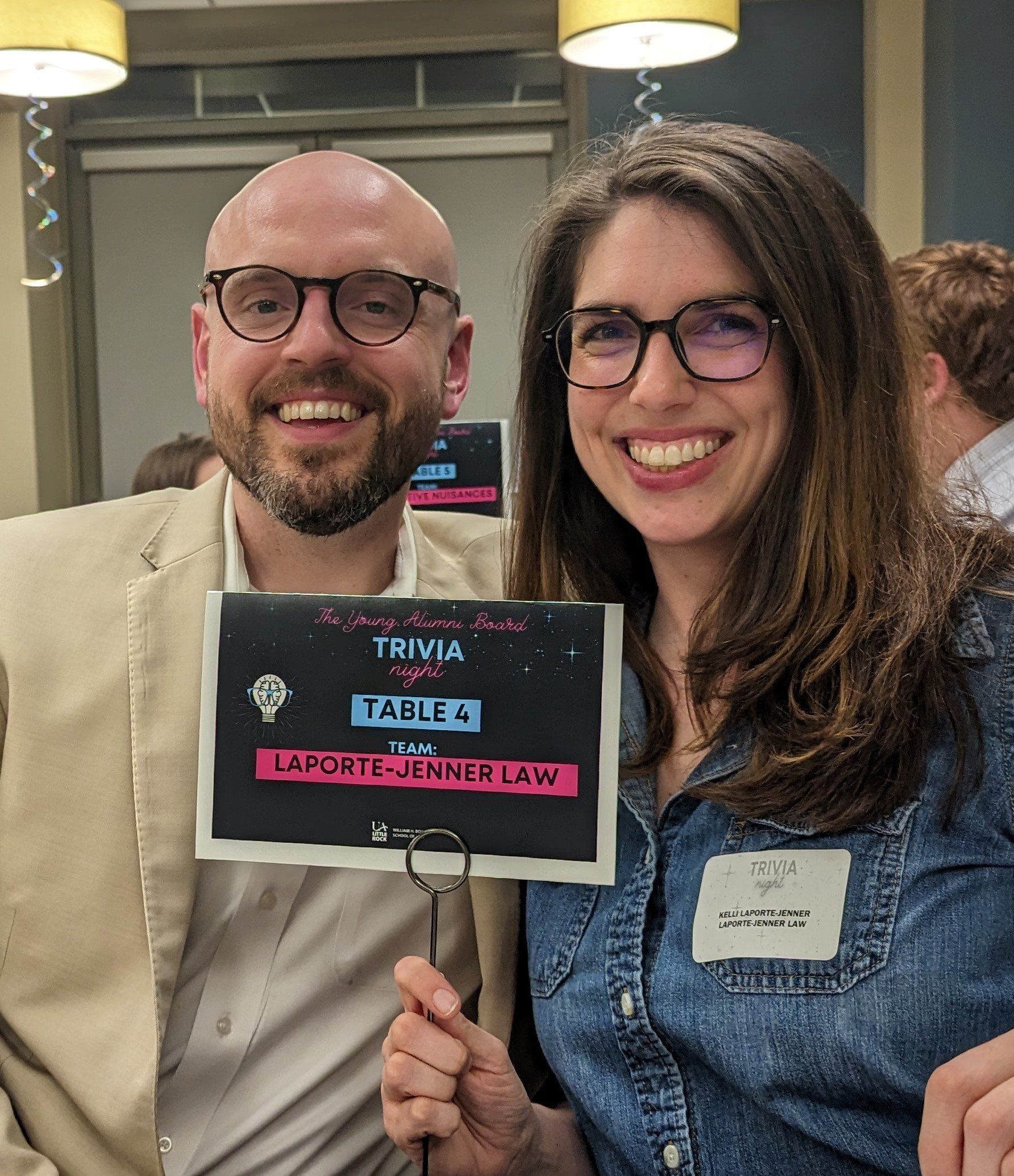The Divorce Process: What to Expect
Divorce is undeniably one of life's most challenging transitions. It is not only emotionally taxing but also a legal labyrinth that can feel overwhelming. However, gaining a clear understanding of the steps involved can provide some peace of mind and help guide you through the process. While every divorce is unique, this blog offers an overview of the key legal steps involved.
Response and Agreement
After filing the petition, a critical point arises concerning how both parties respond to it. There are primarily two paths: uncontested or contested divorce. In an uncontested divorce, both spouses agree on the terms of separation, making the process quicker and more straightforward. However, if disagreements arise over issues like property division, child custody, or support, the divorce likely becomes contested, possibly requiring mediation or even a trial to reach a resolution.
Meeting Residency Requirements
Before embarking on the path to divorce, it's crucial to check your state's residency requirements. Typically, at least one spouse must reside in the state where you plan to file for divorce for a designated period. All states offer "no-fault" divorce options, allowing couples to separate without assigning blame to either party.
Filing the Petition
The journey of divorce begins with the filing of a divorce petition or complaint in the family court. The spouse who initiates this step is termed the "petitioner," and it is imperative to serve the other spouse, called the "respondent," with the divorce papers to ensure due process. This notification is critical to proceeding legally and fairly.
Finalizing the Divorce
The divorce process culminates when both parties reach an agreement or, in contested cases, receive a judge's decision. This final step is documented through a divorce decree, which outlines the terms agreed upon or adjudicated regarding asset division, custody, and any support arrangements. The decree formally and legally ends the marriage.
Understanding the divorce process, although daunting at first, can help you navigate this difficult time more smoothly. Remember, while it may seem lonely, professional guidance is available to support you. You're not alone, and seeking help from legal professionals or therapists can offer the support necessary to manage this transition more effectively. Whether you're initiating or responding to a divorce, these steps will guide you toward closure and a new beginning.

























